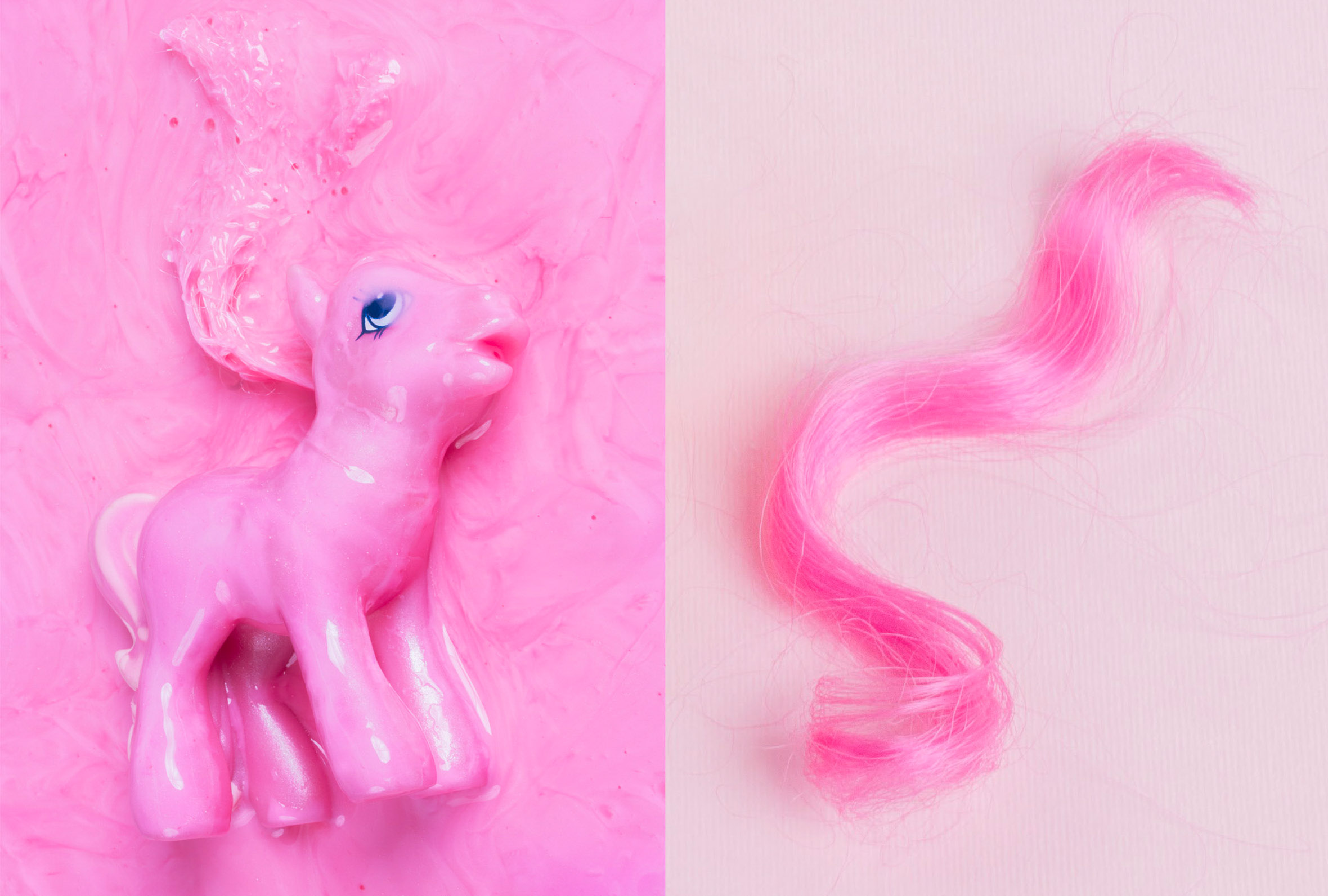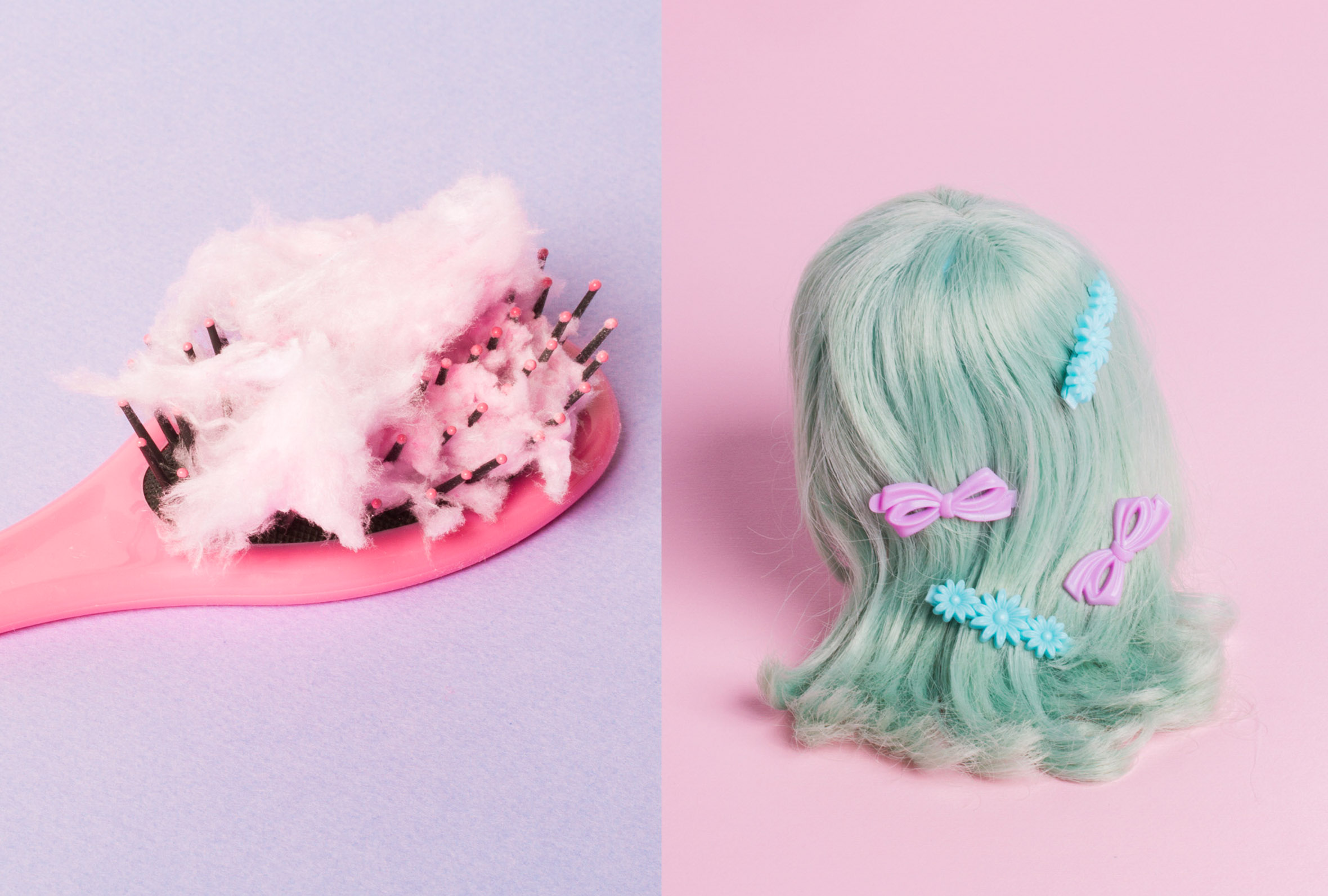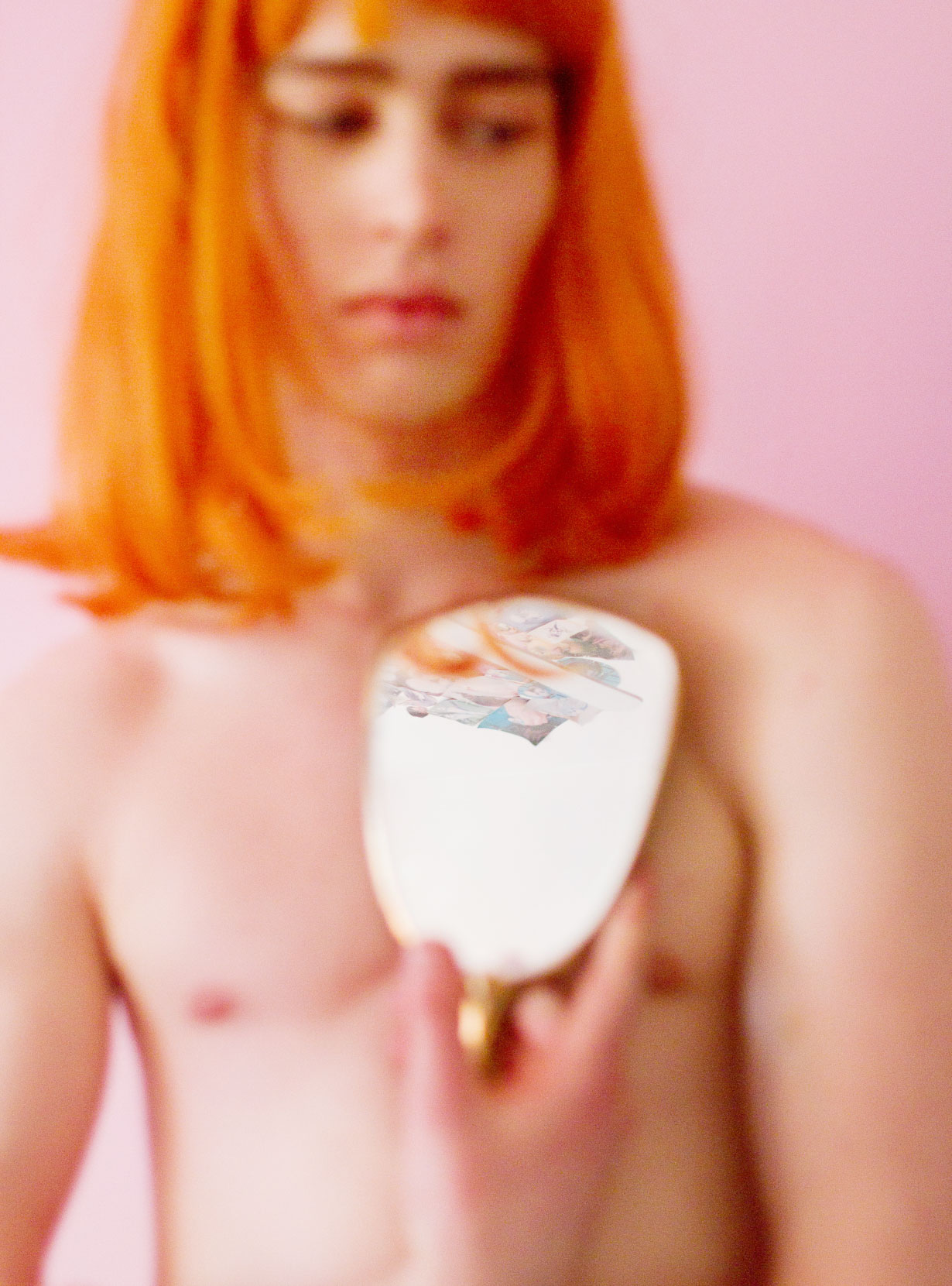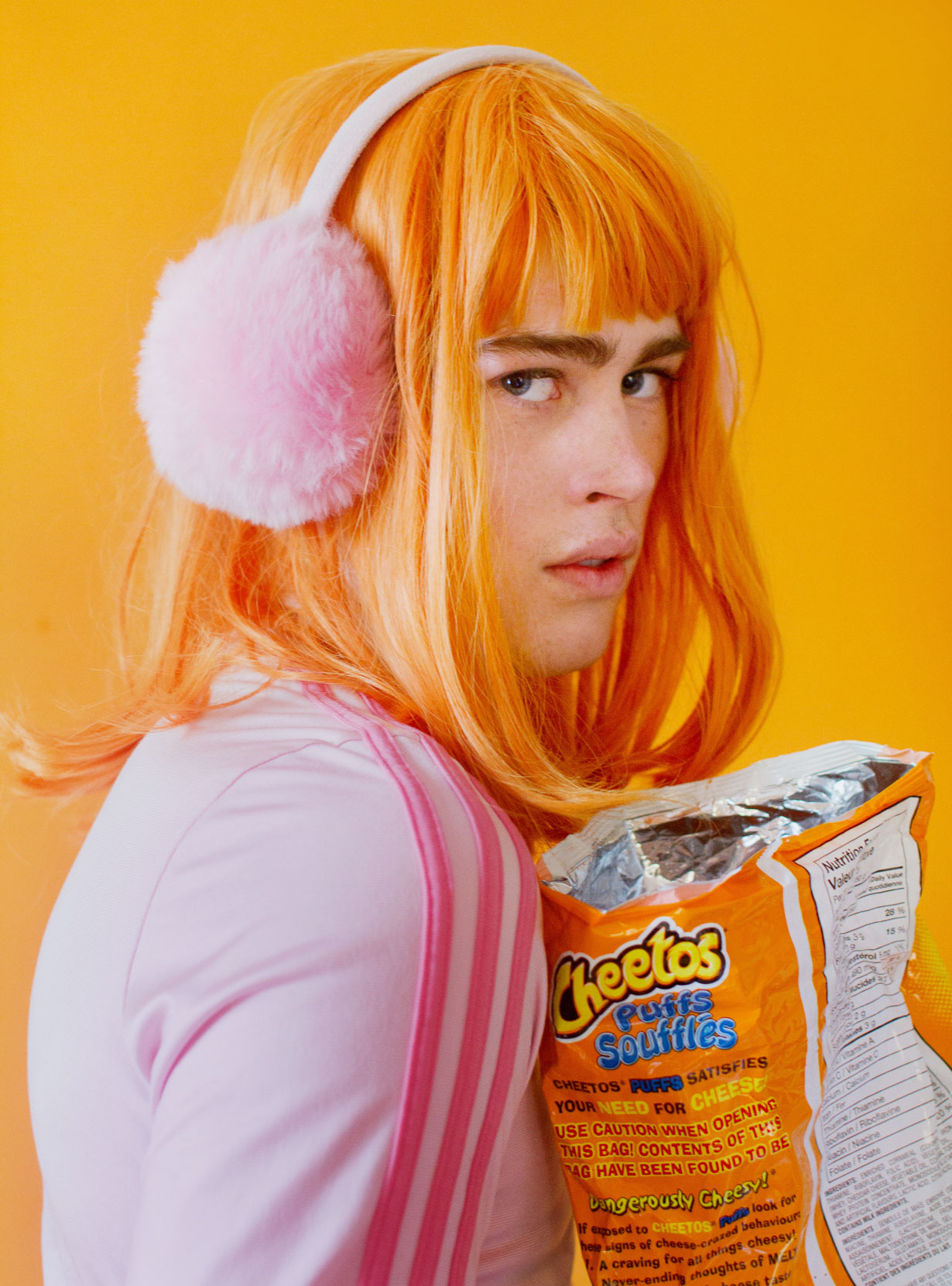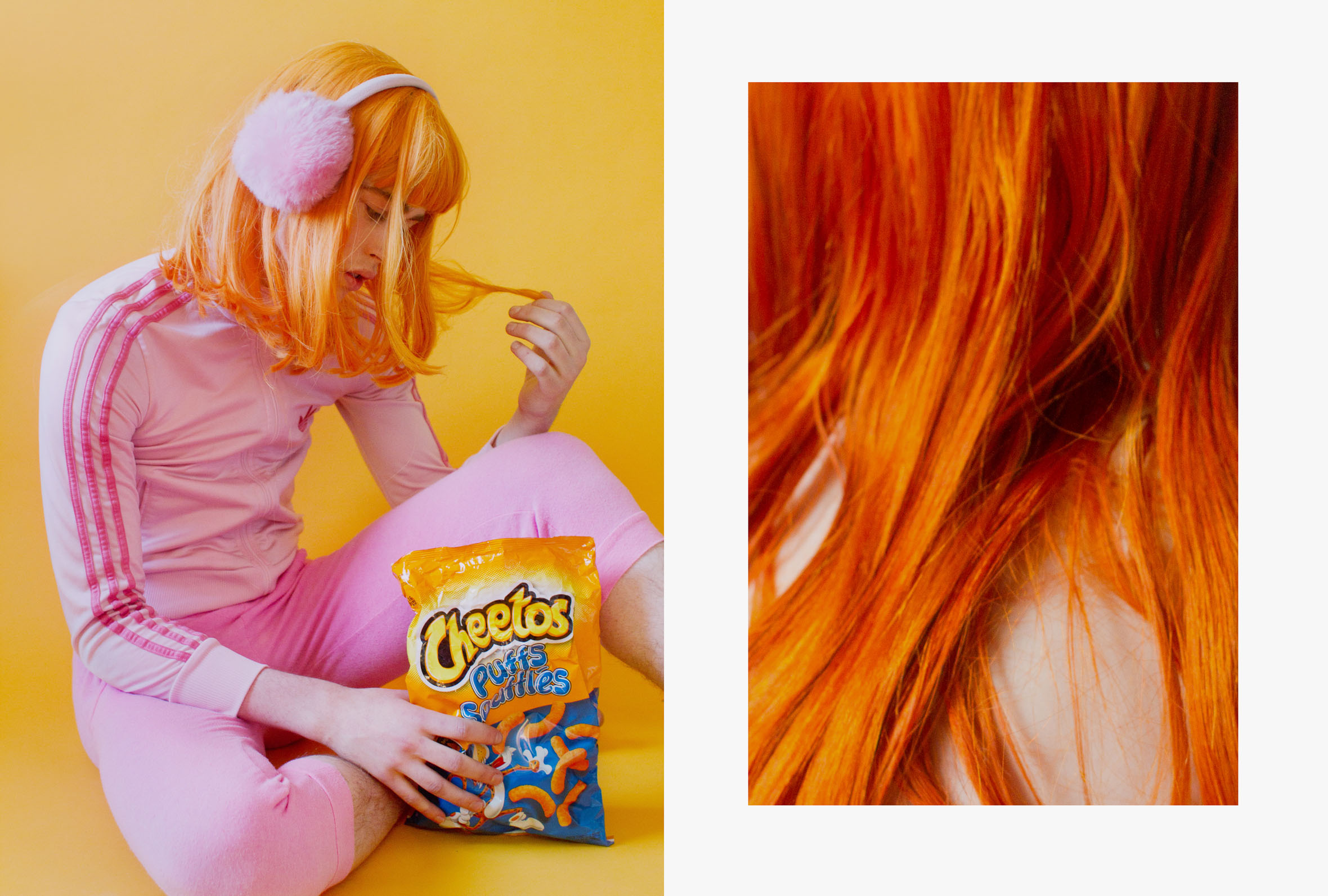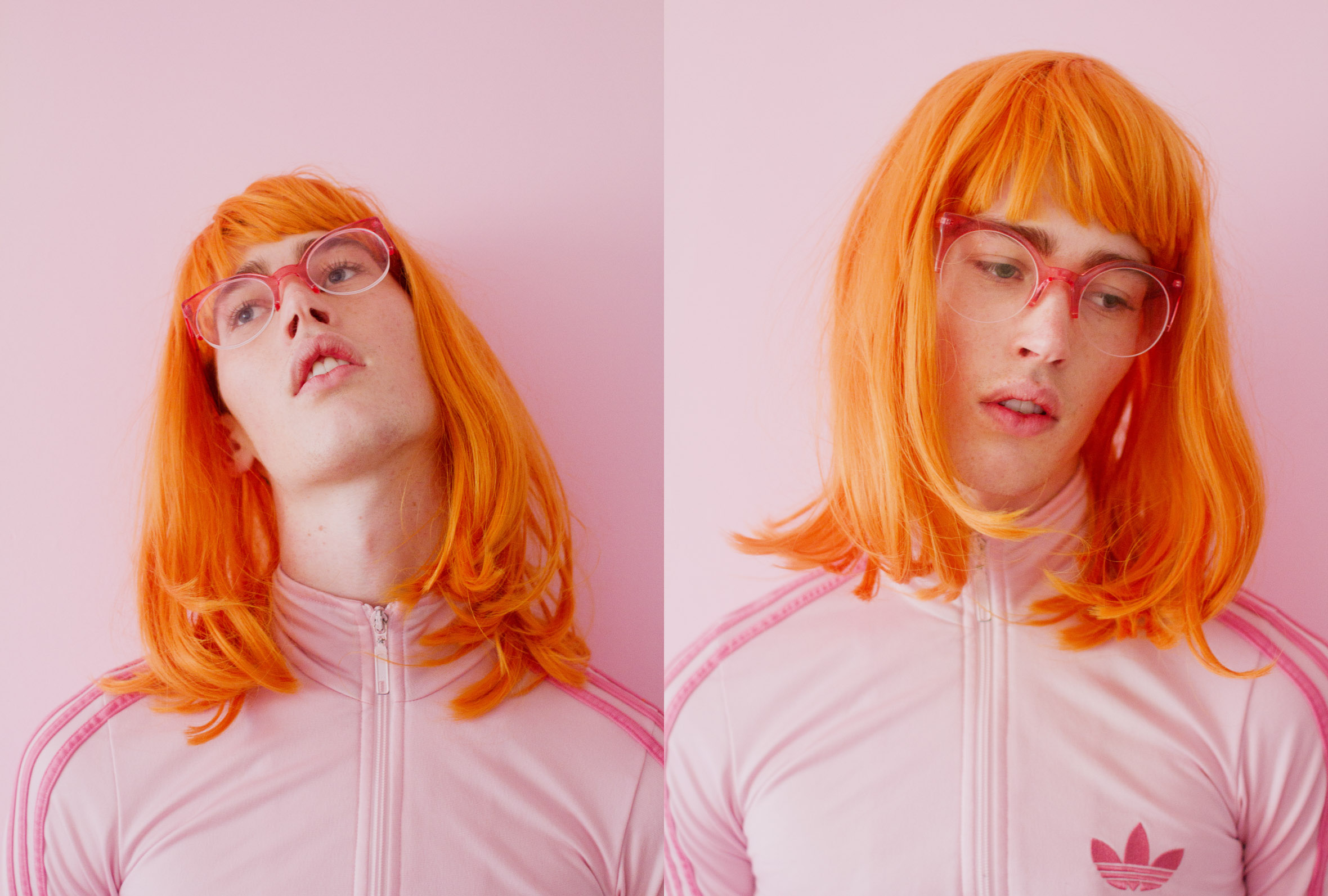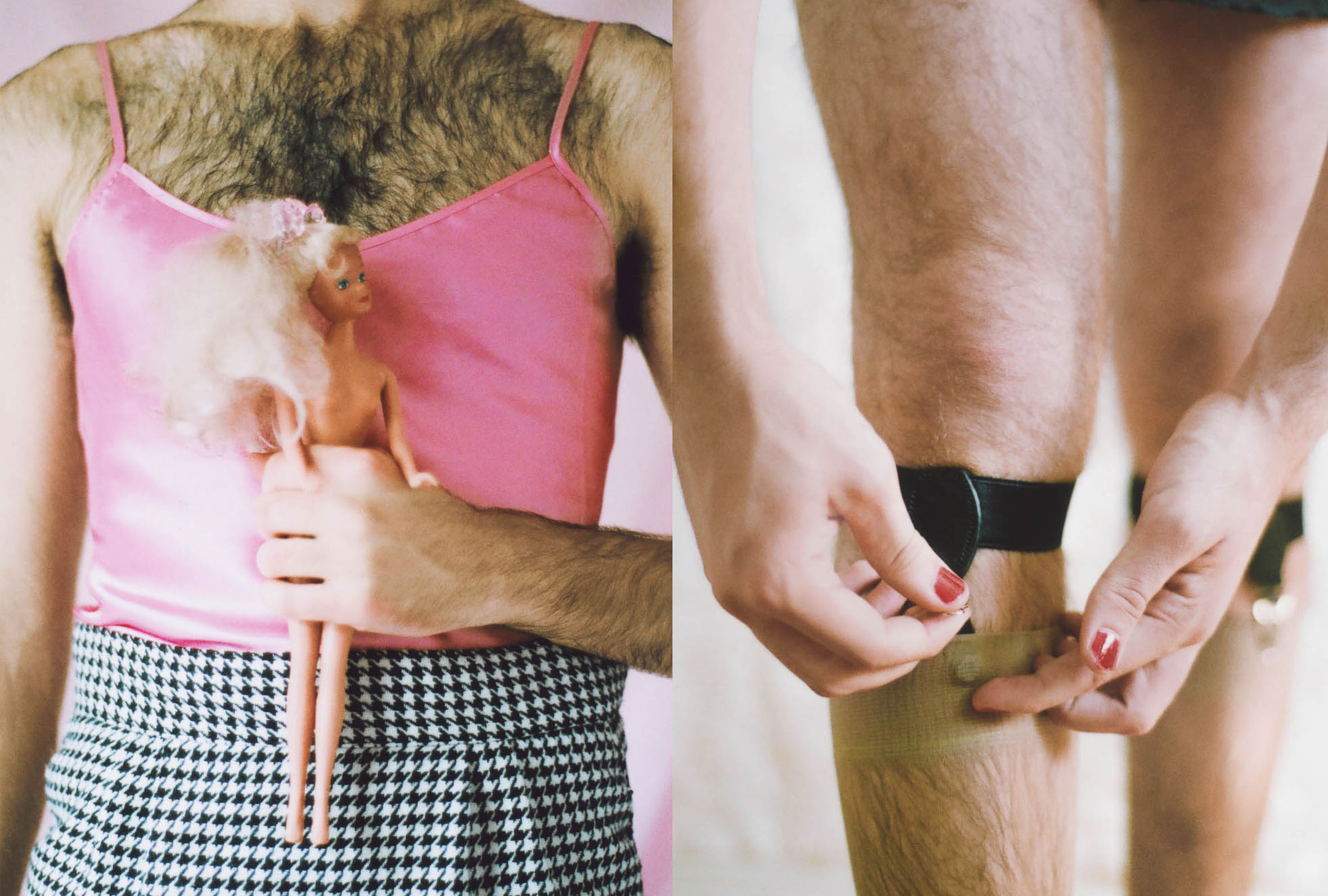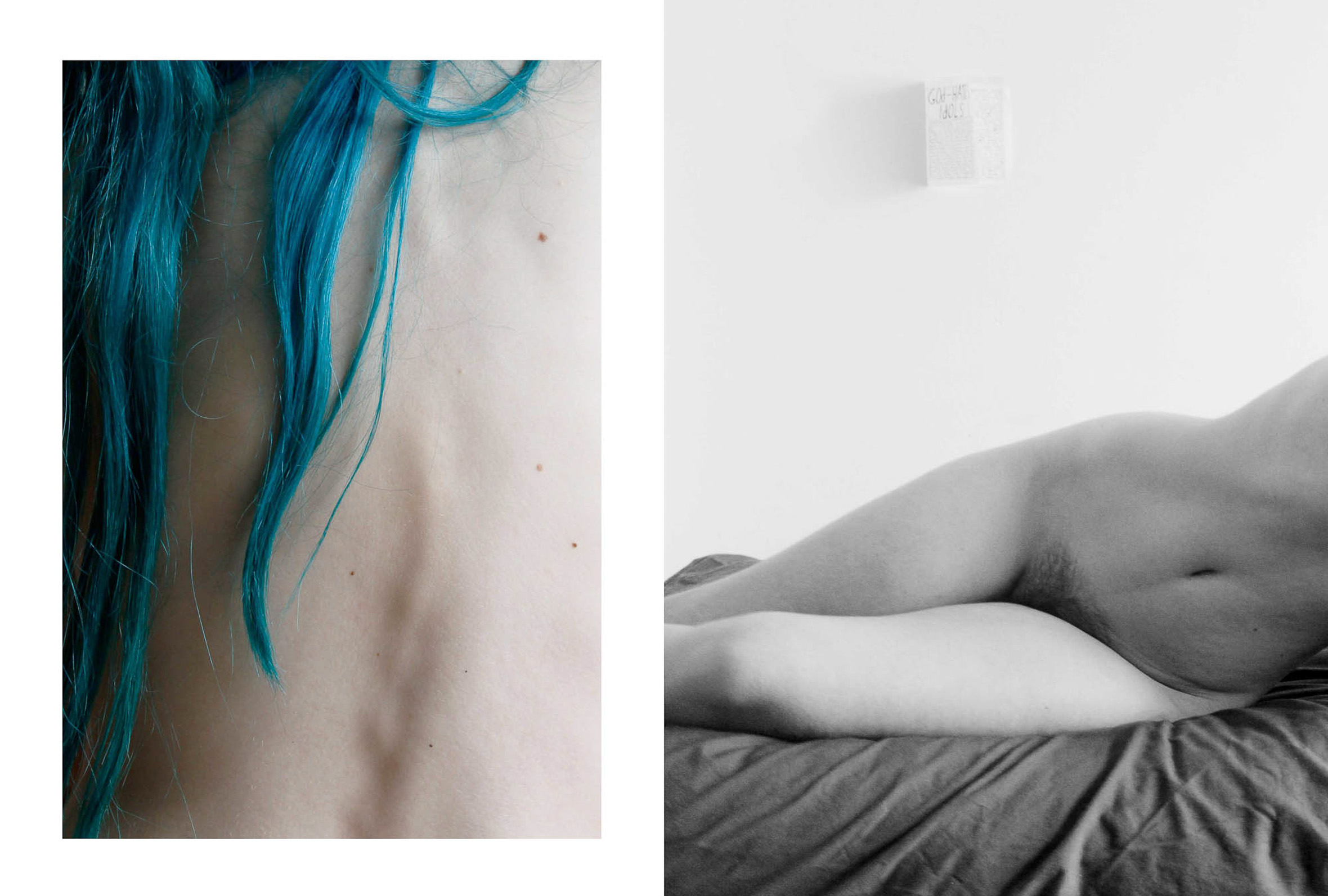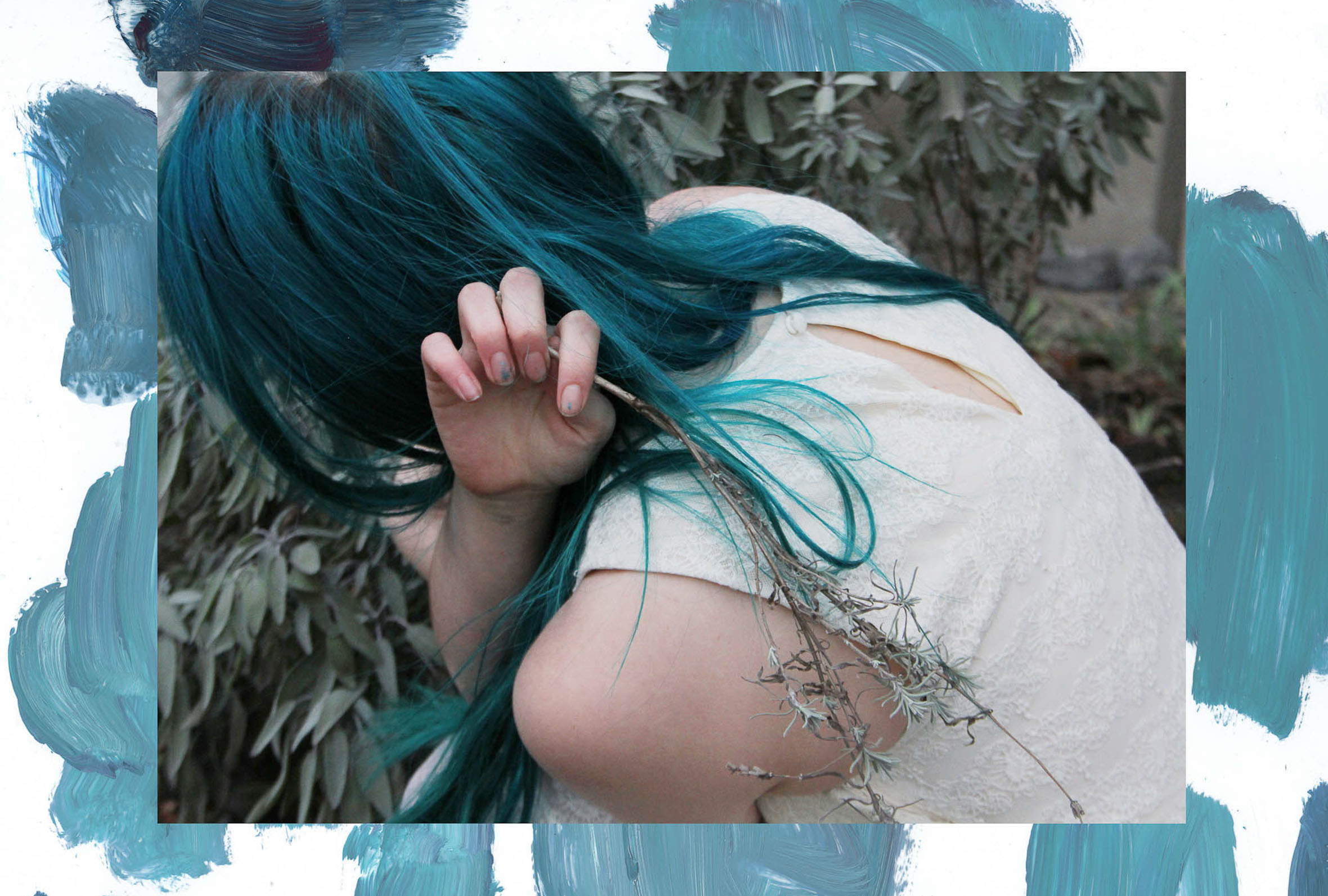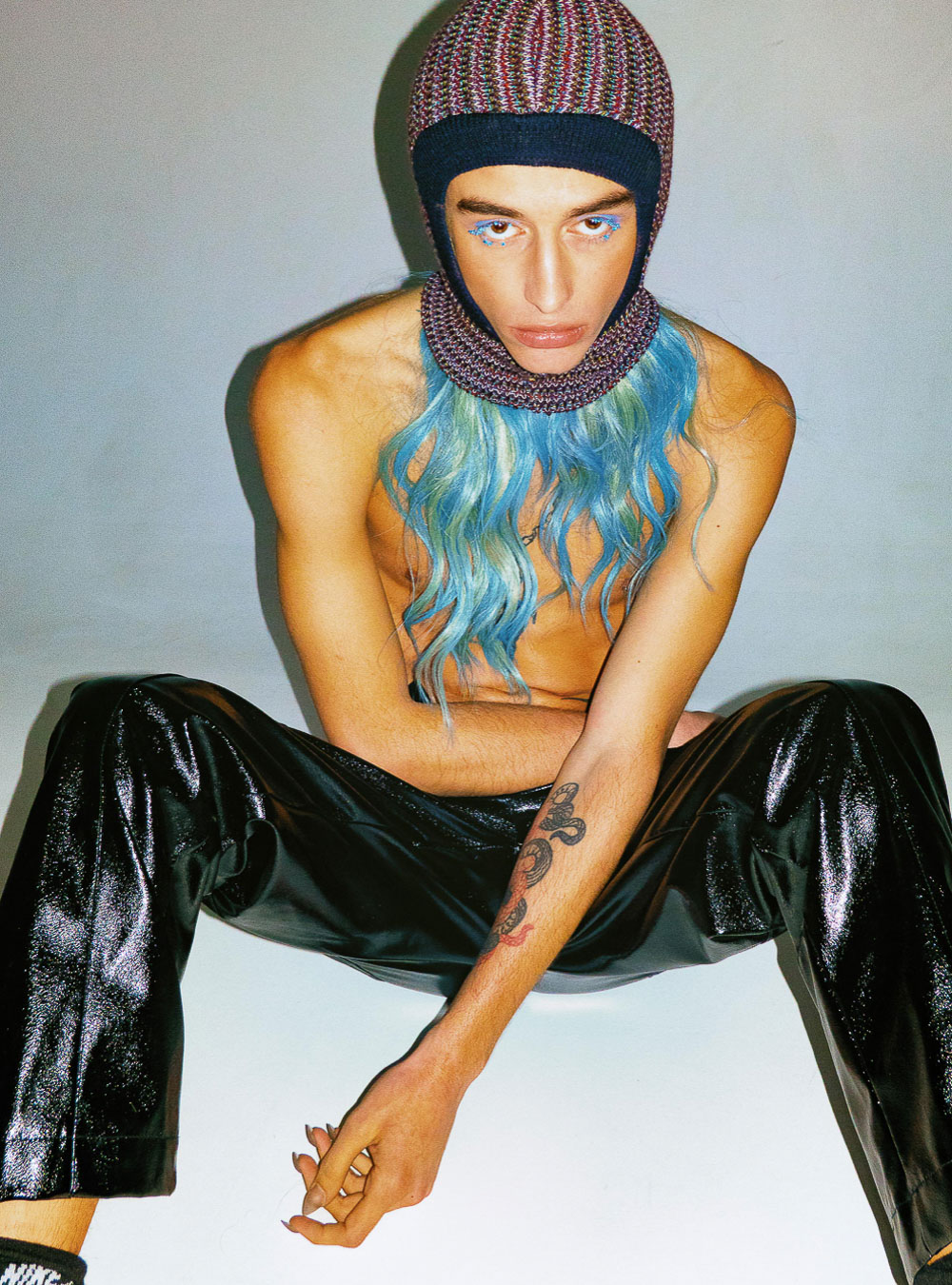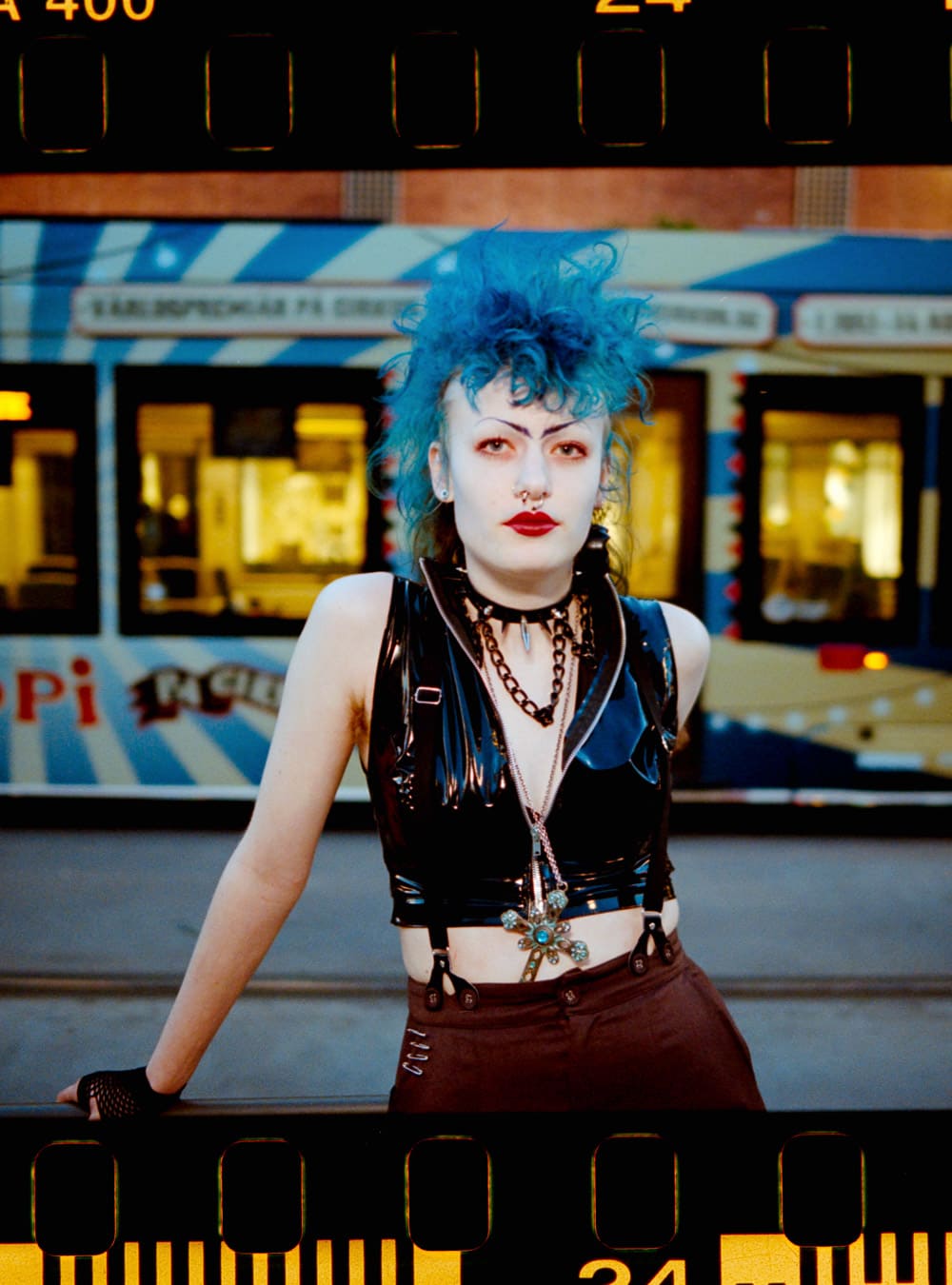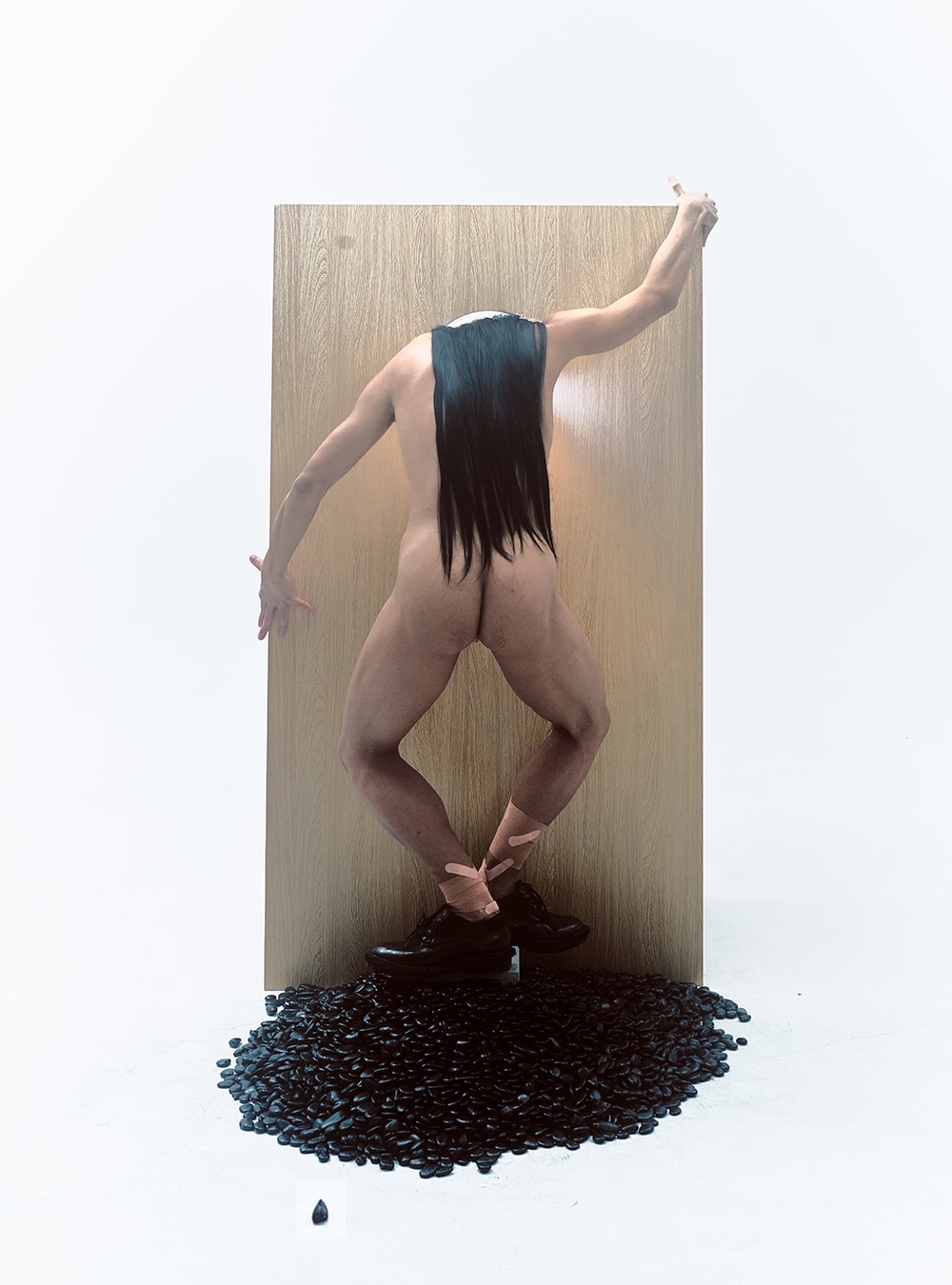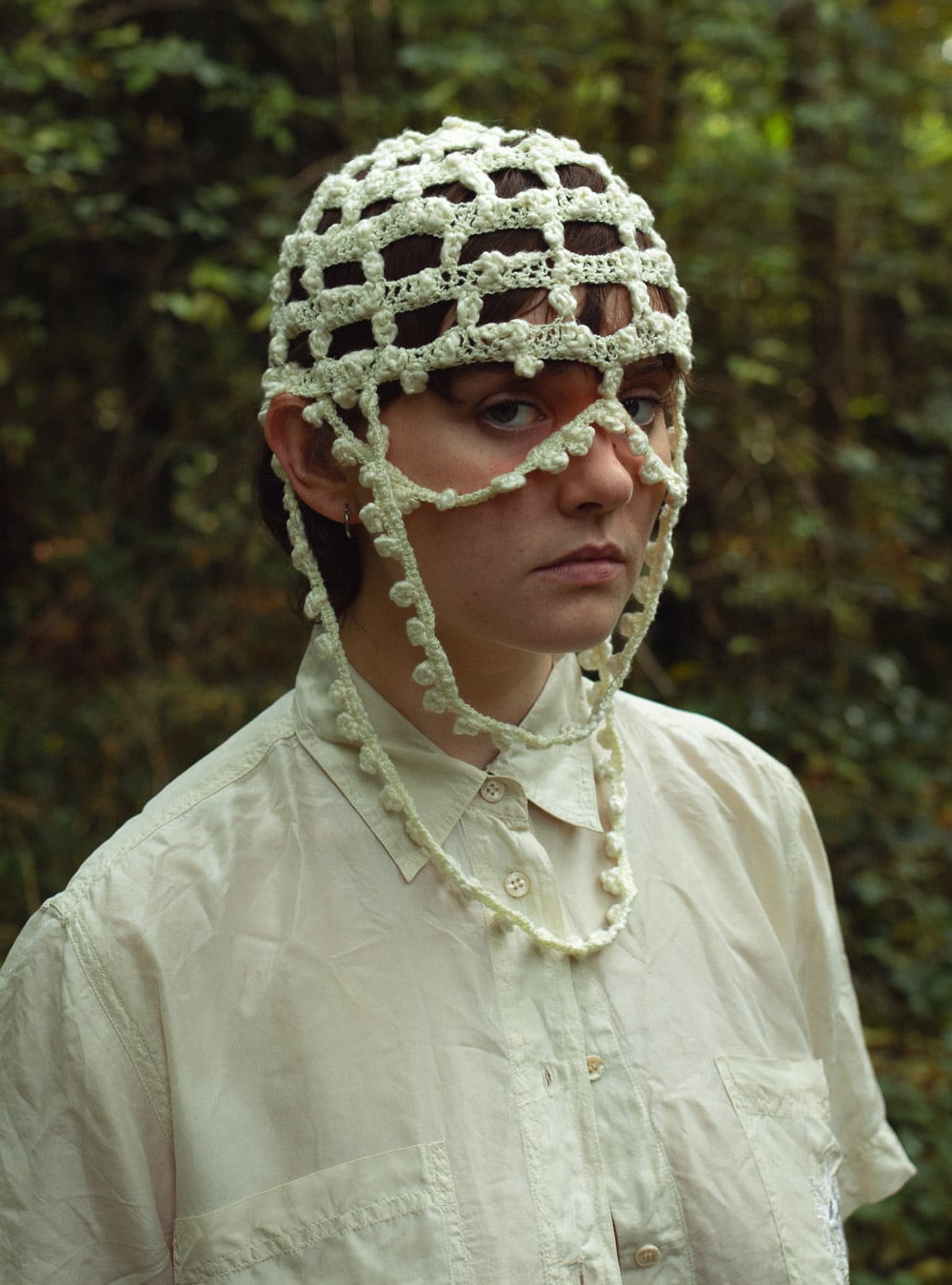- Sugar and Spice
- Sugar and Spice
- Sugar and Spice
ART + CULTURE: Laurence Philomene on femininity, hair as a signifier, and the gender dynamics of colour
Images: Laurence Philomene
Interview: Emma de Clercq
Laurence Philomene’s photographs touch upon themes of identity, femininity and friendship, all explored through a hazy, dreamlike aesthetic. Colour takes centre stage in her work (“to a certain extent it is more important to me than subject or composition”) and her images are dominated by pinks and pastels. Through her work, Philomene seeks to examine the effects that different colours can have on a viewer’s interpretation of an image, and to address the dynamics and historical gendering of colour.
She states, “my work seeks to reverse the traditional view of the feminine as ‘other’ (as defined by Simone de Beauvoir), by creating an entirely feminine space. In this context, masculinity is no longer the accepted neutral”. We spoke to her about her about the significance of hair in her ongoing series, Me vs Others, where she photographs different people dressed to resemble her.
Can you tell us about the concept of the series Me vs Others? The original idea behind this series was two-fold; I wanted to be able to take self-portraits without actually having to use my own body, and explore what physical items I associated with ‘me’. At times I’ve done this in a very literal way, hiding my models’ faces and pretending that the image is really a photo of me. Other times I’ve incorporated elements of the people I’m photographing into the image, to blend their identity with mine. The series also serves as a way to project this idealised view of myself, of who and where I would want to be (superficially) in a perfect world.
"My work seeks to reverse the traditional view of the feminine as 'other', by creating an entirely feminine space. In this context, masculinity is no longer the accepted neutral"
In this series, the item used to signify you is an orange wig. What does your hair mean to you? I’ve dyed my hair since I was eleven, perhaps to control my appearance in a way that doesn’t feel too destructive. I had long, bright blue hair in college, at that time my hair was an important part of my identity, as someone who had just come out as queer, it marked me as ‘different’. The orange hair came about after I graduated, I wanted something that felt more authentically like me. Because my hair was always an important feature of my self-portraiture, I took it as a signifier of ‘me’ in my photography, which translated into the use of the orange wig in this series. I currently have some work in an exhibition, which aims to reframe aspects of late 17th century Rococo and Baroque aesthetics. It’s made me think about the use of the wig in my work within a historical context, redefining this idealised self through hair. I’m also fascinated by Victorian hair practices, like hair lockets and bracelets; there’s such an emotional relationship to a given person’s hair, whether that person was your lover or your deceased mother.
How does your work comment on traditional ideals and expectations of masculinity and femininity? Expectations based on gender vary so much through time and place, so I don’t think anyone can ever fully define what ‘masculinity’ and ‘femininity’ mean in a globalised context. A lot of my work does explore gender identity, but generally my goal is not to ‘shock’ people by showing subversive images, because I don’t think there’s anything inherently radical about a man in a dress, for example. My work seeks to reverse the traditional view of the feminine as ‘other’ (as defined by Simone de Beauvoir), by creating an entirely feminine space. In this context, masculinity is no longer the accepted neutral. By photographing boys in a feminine way, for example, I try to reverse those dynamics by creating a scenario in which femininity is neutral and masculinity becomes ‘other’.
Laurence Philomene is the co-founder of The Coven, a feminist collective which creates and supports the work of emerging women and non-binary artists
- ANTHROPOLOGY OF HAIR
- ANTHROPOLOGY OF HAIR
- ANTHROPOLOGY OF HAIR
- ANTHROPOLOGY OF HAIR
- ANTHROPOLOGY OF HAIR
